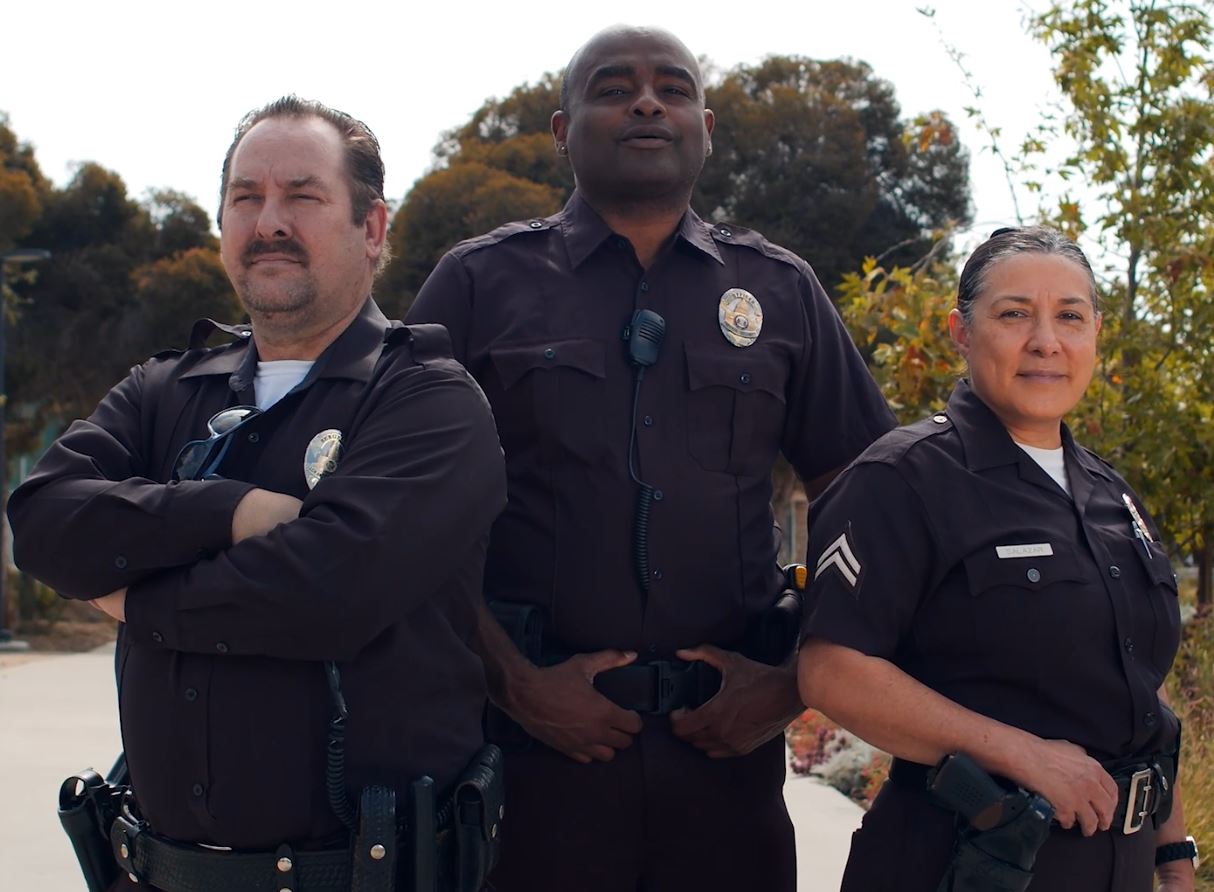Take the Fastest ROUTE
Get started - apply nowTune in to the Redlands Rundown
Join hosts Macey and Sydney as they dive into all things Redlands! From campus news and events to advice on thriving in college and preparing for your career, they’ve got you covered. Each episode features engaging conversations, helpful insights, and guest interviews that will keep you informed, inspired, and ready to make the most of your college experience.
Learn More About the Redlands RundownIn-Demand Career Training
The route to your future success goes right through Redlands Community College. Find out more about one of these career fields which are in high demand, with excellent employment possibilities for graduates.

Nursing
Whether you're aiming to become an RN through the traditional track, through the LPN to RN program, or to transfer on to become a BSN, we offer the training you need to excel in the health care industry.
Find Out More
Criminal Justice
Our flexible program is designed to shape your expertise in the field of criminal
justice, and our focused curriculum ensures you're well-prepared for the challenges
ahead.

Computer Science
Our Computer Science Program prepares you for a variety of in-demand careers in the
tech industry, equipping you with the practical knowledge that employers are seeking.
Campus News
Events
Double Header Both games are 7 inningsNon-Conference Games